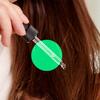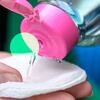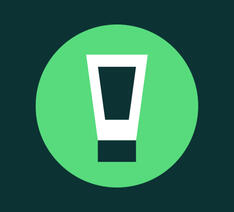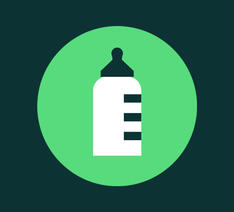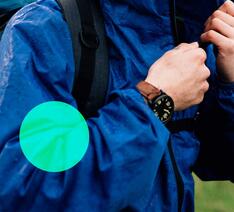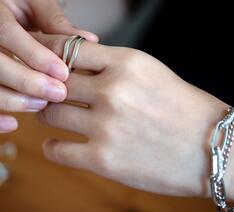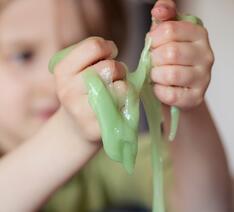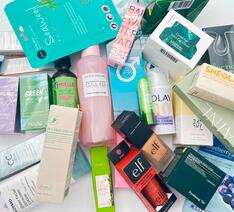Forbrugerrådet Tænk Kemi
Vi hjælper dig med at undgå allergifremkaldende stoffer, miljøbelastende stoffer og mistænkt hormonforstyrrende stoffer.

Knap hver tredje ansigtsmaske indeholder problematisk kemi
Dybderensende og fugtgivende ansigtsmasker kan gemme på PFAS og mistænkt hormonforstyrrende stoffer. Se, hvilke sheetmasker og lermasker der er uden uønsket kemi.
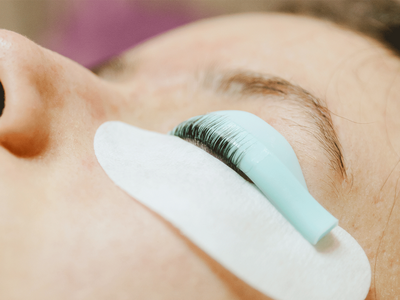
Markedstjek afslører: Fire vippelaminationer, du slet ikke burde kunne købe
Vippelaminationer indeholder stoffer, som ikke er beregnet til hjemmebrug. Alligevel kan du købe produkterne overalt. Vi har fundet fire eksempler.
Undgå uønsket kemi på din hud
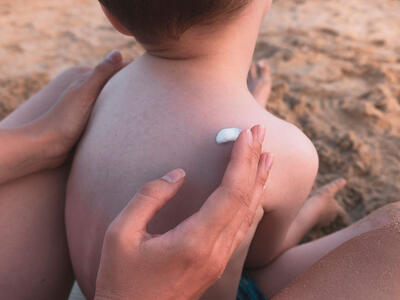
Kemien i solcreme: Det skal du holde øje med
Solcreme kan indeholde UV-filtre og konserveringsmidler, som kan være mistænkt for at være hormonforstyrrende eller allergifremkaldende. Bliv klogere her.
Kemitest: Deodoranter
Deodorant kan indeholde uønsket kemi, som kan give allergi eller er mistænkt for at være hormonforstyrrende. Find et godt valg i vores test af 57 deodoranter.
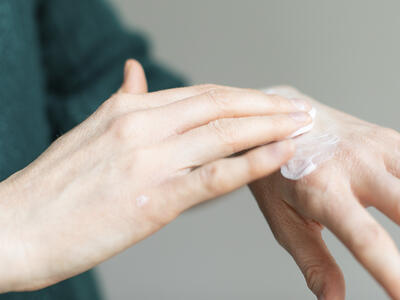
Disse håndcremer er uden uønsket kemi
En fed håndcreme er en vigtig følgesvend i kampen mod tørre hænder, men ikke alle er uden uønsket kemi. Find de bedste valg af håndcremer i testen.
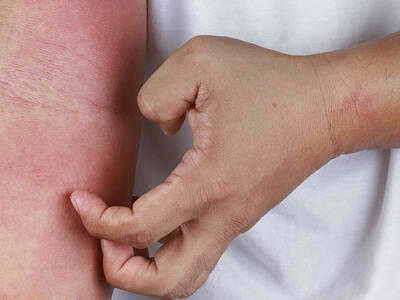
Parfume: Sådan minimerer du din risiko for parfumeallergi
Parfumestoffer kan være allergifremkaldende. Har du først fået parfumeallergi, varer den hele livet. Få hjælp til at mindske risikoen.

Undgå billige onlinekøb med uønsket kemi
Om Forbrugerrådet Tænk Kemi

Forbrugerrådet Tænk Kemi: Er der uønsket kemi i dine indkøb?
Forbrugerrådet Tænk Kemi hjælper dig med at være opmærksom på problematiske kemikalier i din hverdag.
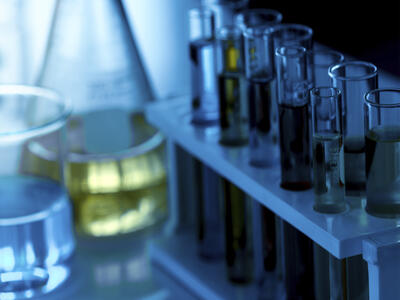
Sådan tester Forbrugerrådet Tænk Kemi
Test i Forbrugerrådet Tænk Kemi er uafhængige af kommercielle interesser. Vi undersøger blandt andet indholdslister på deodoranter og bodylotions eller sender pizzabakker og madkasser til laboratorietest.
